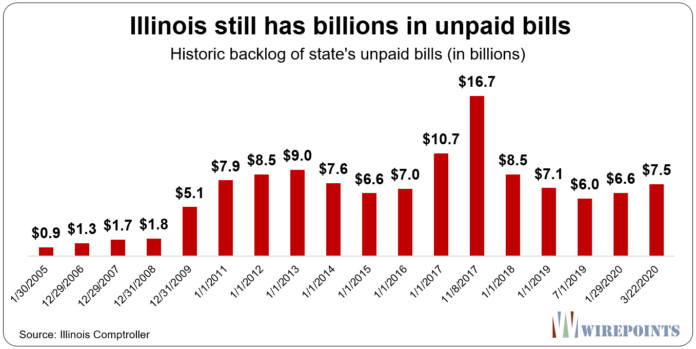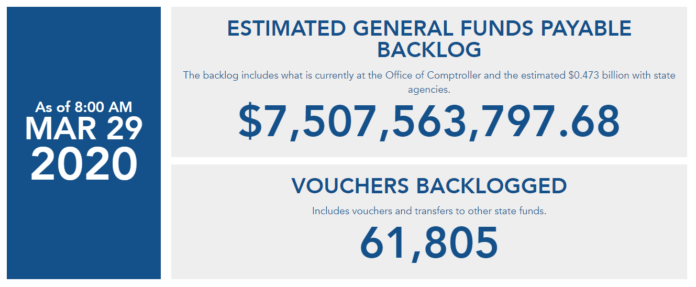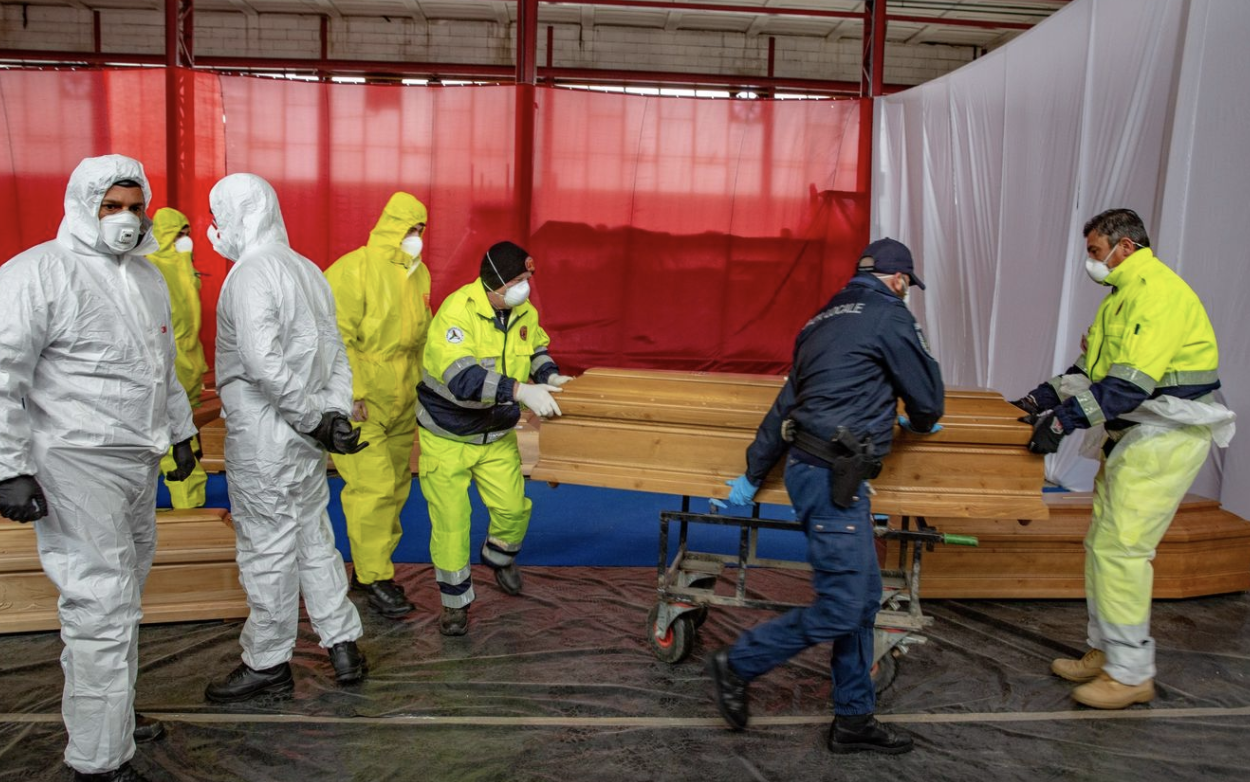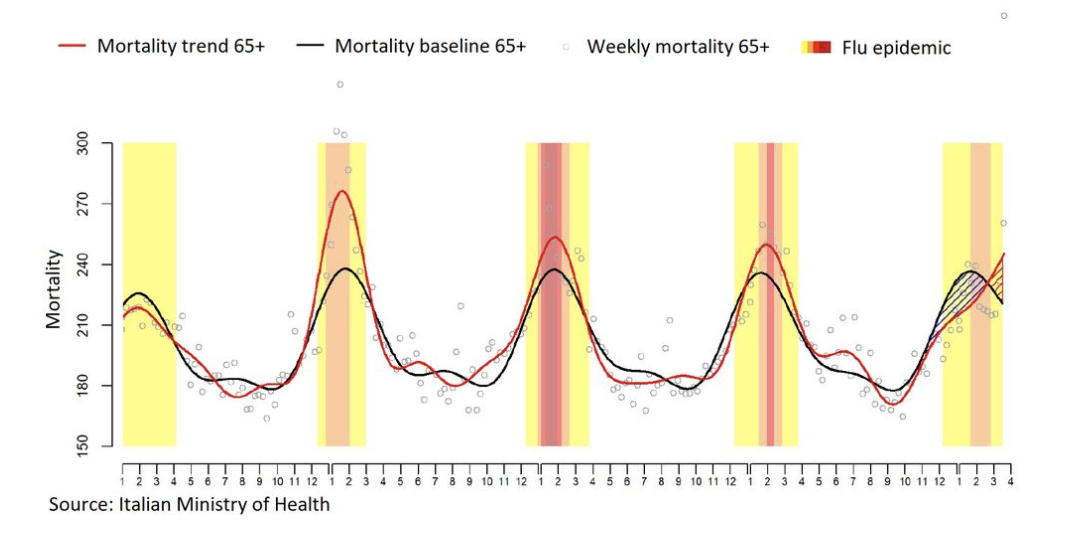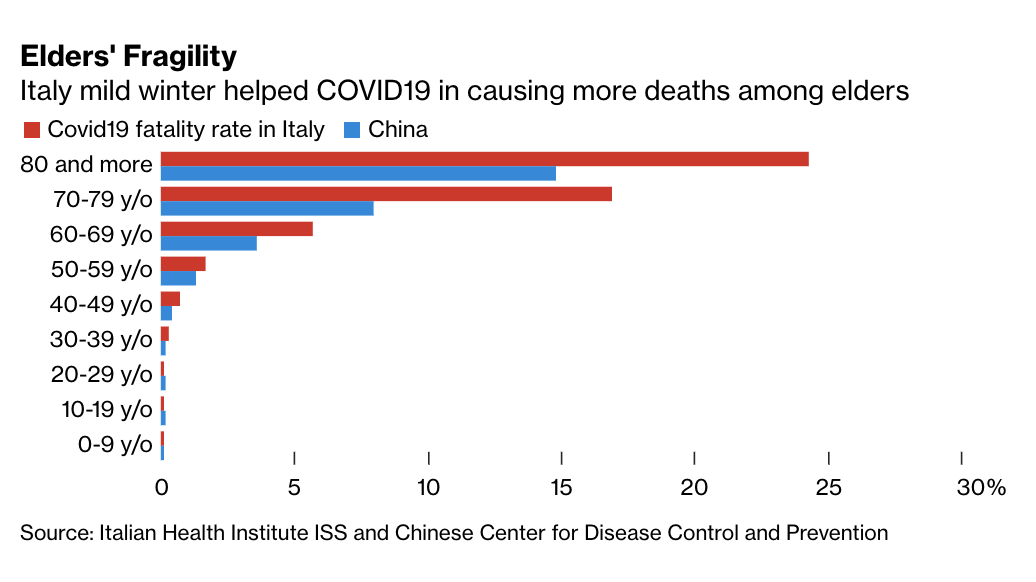There is much to be said about Adrian Vermeule‘s provocative new essay, “Beyond Originalism.” In some ways, it taps into some real movements on the right. It envisions a world in which President Donald Trump has helped remake American politics that opens the way for a reformulated and revitalized conservative politics. It appeals to the desire of some on the religious right to use politics to reaffirm and reestablish an older social order. It hearkens back to an era before the election of Ronald Reagan when there were many different conservative camps “imagining a constitutional restoration” and originalism was not conservative orthodoxy. It embraces big-government conservatism and rejects any vestigial influence of small-government libertarianism.
The conservative movement and the Republican Party have sometimes been useful vehicles for marginally advancing, or at least preserving, classical liberal principles, but Vermeule’s version of post-Trump conservatism and GOP would put an end to that.
But for the moment, I just want to note Vermeule’s interesting opening to the essay. He says, originalism
served legal conservatives well in the hostile environment in which originalism was first developed, and for some time afterward.
But originalism has now outlived its utility, and has become an obstacle to the development of a robust, substantively conservative approach to constitutional law and interpretation.
Vermeule was never an originalist, and so it is no surprise that he would be happy to see it displaced. It is not obvious that he ever thought originalism served any useful purposes for his own particular political and jurisprudential commitments. He is not dropping the mask on originalism or even the conservative legal movement. He is hoping to reconstitute the conservative legal movement on entirely different principles, and he hopes that political coalitions and the intellectual landscape are shifting enough to make that possible.
But what’s interesting is how he evaluates an approach to constitutional law. A constitutional philosophy has “utility” to the extent that it advances his policy objectives, and does not to the extent that it gets in the way of constructing the ideal policy regime.
Of course, this is an extremely familiar way of thinking about constitutional jurisprudence. It has been the dominant way that the political left has thought about constitutional jurisprudence for decades. It has had adherents on political right as well, but originalism as a philosophy of constitutional jurisprudence resisted those kinds of constitutional projects on both the left and the right and resisted that approach to justifying the exercise of judicial review.
Originalists would urge legal conservatives not to evaluate their approach to constitutional law by the standard of how well it facilitates their getting the policy outcomes that they want. As Vermeule recognizes, originalism is not the friend of results-oriented jurisprudence. Originalists made limited headway in trying to persuade those on the left that results-oriented jurisprudence was not the best path the country should be pursuing. Originalists might have to spend more time trying to persuade conservatives on that point as well.
Winter is coming.
from Latest – Reason.com https://ift.tt/2UxnbFv
via IFTTT


